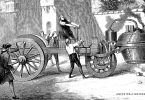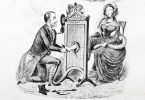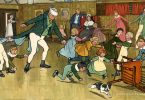The 1890s were known as the Gay Nineties because this decade in world history was popularly considered to be one that was full of fun and optimism. It was also part of the so-called Gilded Age (a phrase invented by Mark Twain), which alluded to a profitable era in American history. Additionally, this decade is sometimes known as the Mauve Decade because a new aniline dye invented by William Henry Perkins allowed that color to be used in fashion, and it became very popular. What else were your ancestors doing or celebrating during the 1890s?
Movies
In 1893, Thomas Edison completed work on his invention, the Kinetoscope, which was the earliest known device for showing motion pictures. It was developed by William Kennedy Dickson and introduced to the public the next year. There were several moving pictures that had been made for it while it was being invented (work on it having begun in 1889), so there were some interesting things to show on it when it made its public debut at the Brooklyn Institute of Arts and Sciences. The first film shown to the public on this machine was called Blacksmith Scene, which was produced at the new Edison movie-making studio called Black Maria. The era of movies had begun.
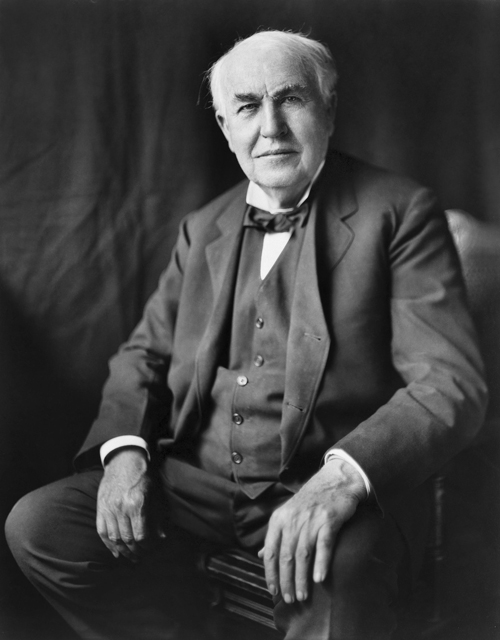
Scientific Discoveries
There were some interesting and important scientific discoveries made in the 1890s. Some examples include the discovery of radioactivity by Henri Becquerel. X-rays were also discovered during this decade, by Wilhelm Rontgen. The elements Argon and Helium were discovered, by Lord Rayleigh and William Ramsay, respectively. Ramsay actually confirmed the existence of Helium on Earth, as its existence on the sun had been detected in 1868. Ramsay also discovered Neon, Xenon, and Krypton during this decade, with help from Morris Travers.
Besides, the very first suggestion that humans may be producing emissions from their inventions that could lead to global warming was made in the 1890s by Swedish scientist Svante Arrhenius and US geologist Thomas Chrowder Chamberlin.
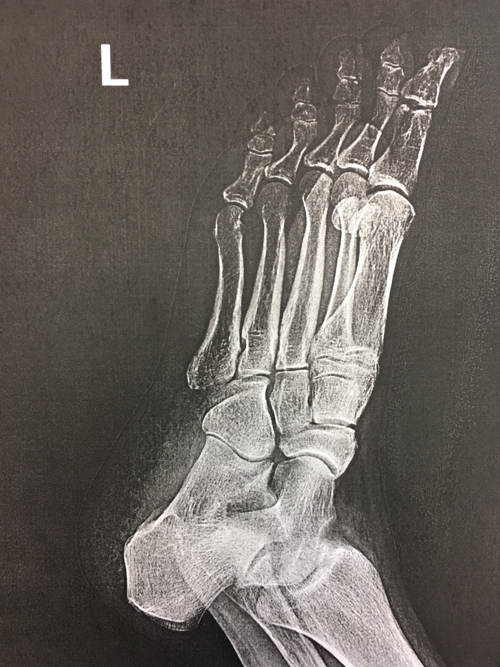
Cultural Improvements
The 1890s saw several important additions to the culture of America and the world. Some of these include the Temperance Movement. This was a popular movement in America that advocated for a significantly reduced level of alcohol consumption by users, or prohibition of it altogether. This movement became quite organized, and people rallied under the banner of the American Temperance Movement, and the people who were devoted to the cause marched, handed out anti-alcohol pamphlets and other literature, did public speaking engagements, and more. The movement continued with enthusiasm in the United States until Prohibition was (temporarily) achieved a few decades later.
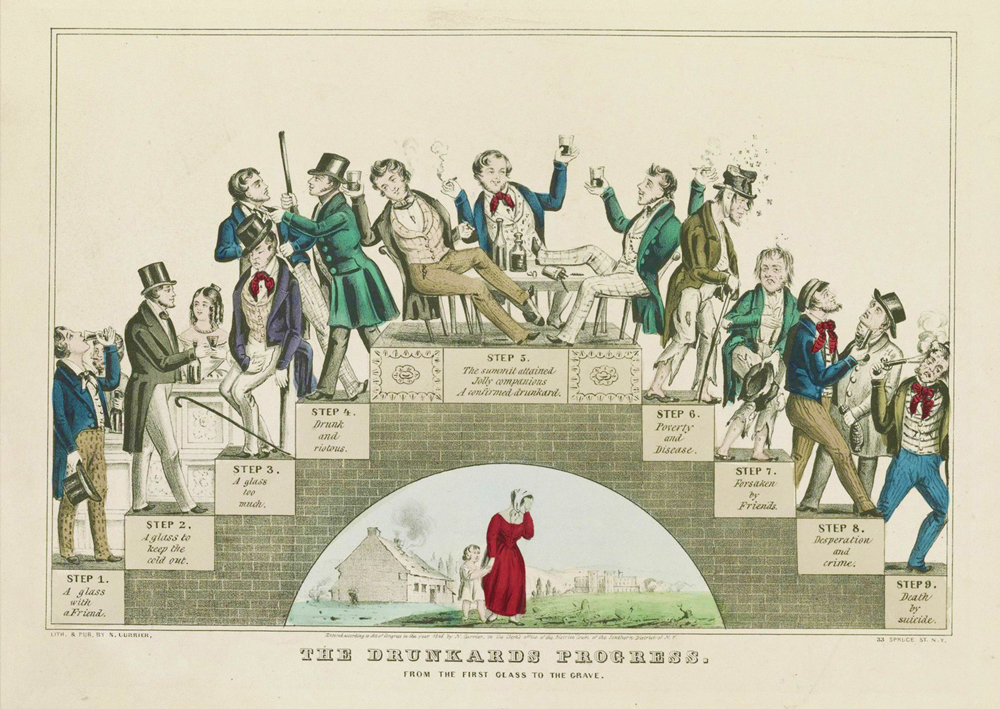
Some important and well-known books were published in the 1890s, such as The Time Machine, The Picture of Dorian Gray, Spring Awakening, The Jungle Book, Tess of the d’Urbervilles, The Island of Doctor Moreau, Uncle Vanya, Heart of Darkness, The Yellow Wallpaper, and The War of the Worlds. Also, the first of many Sherlock Holmes stories were published in Strand Magazine in 1891.



